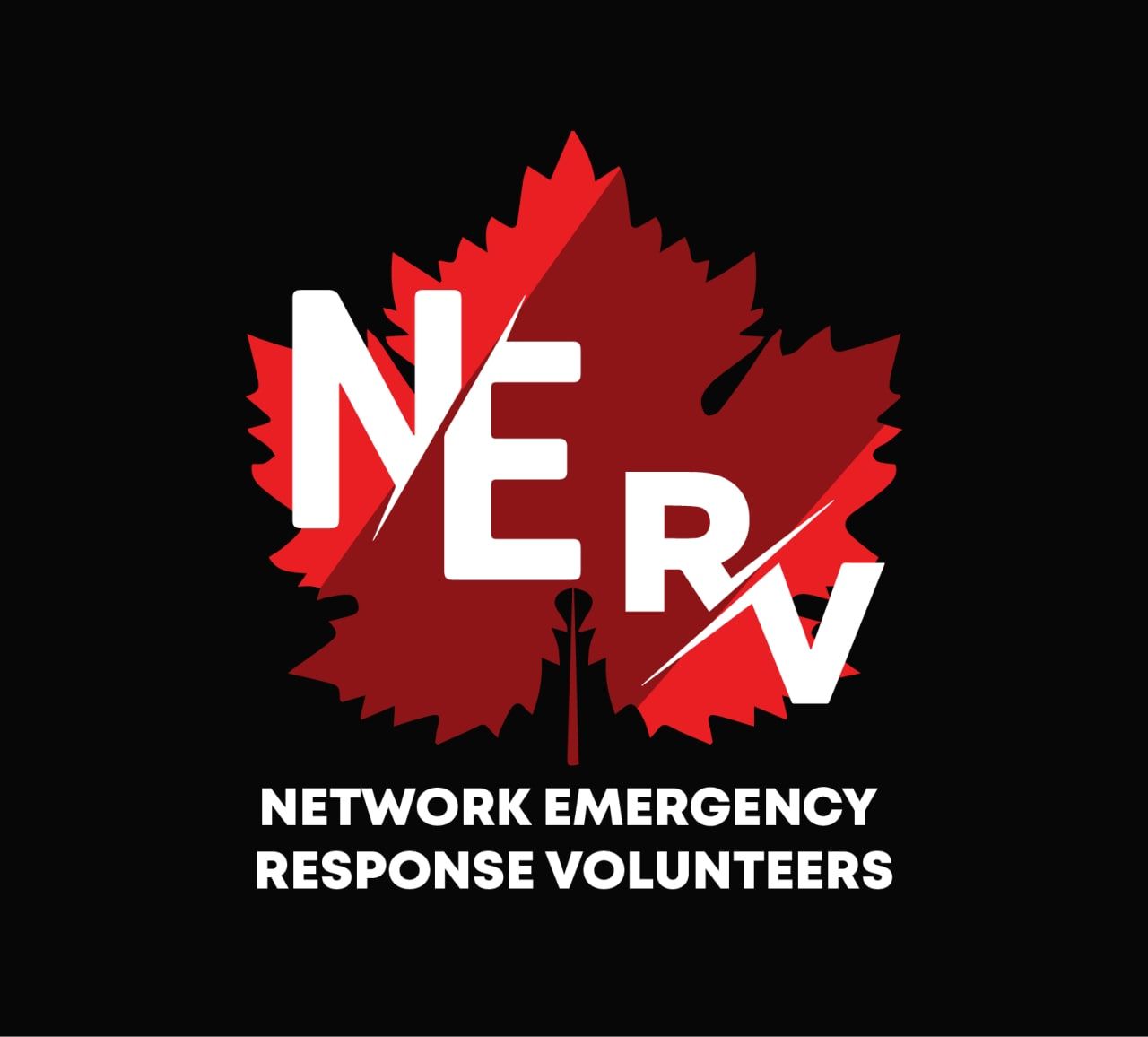498 reads
STOP! Throwing Money At Each Other
by
July 25th, 2022
Audio Presented by

We are a DAO committed to help societies become less autocratic by developing digital tools in governance
About Author
We are a DAO committed to help societies become less autocratic by developing digital tools in governance
